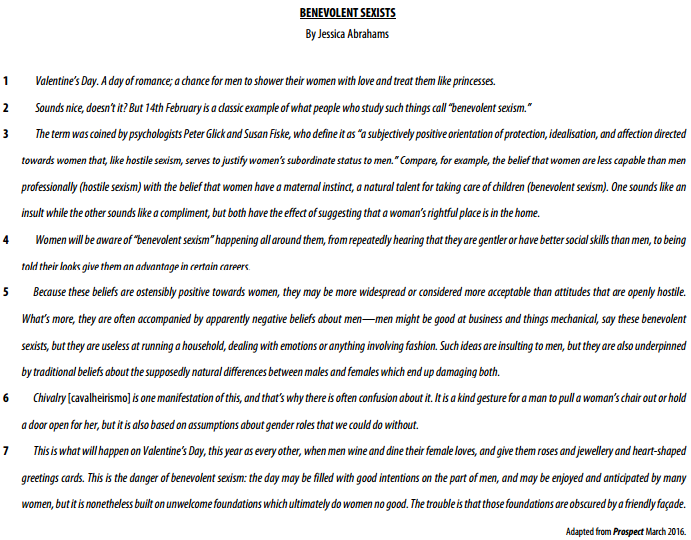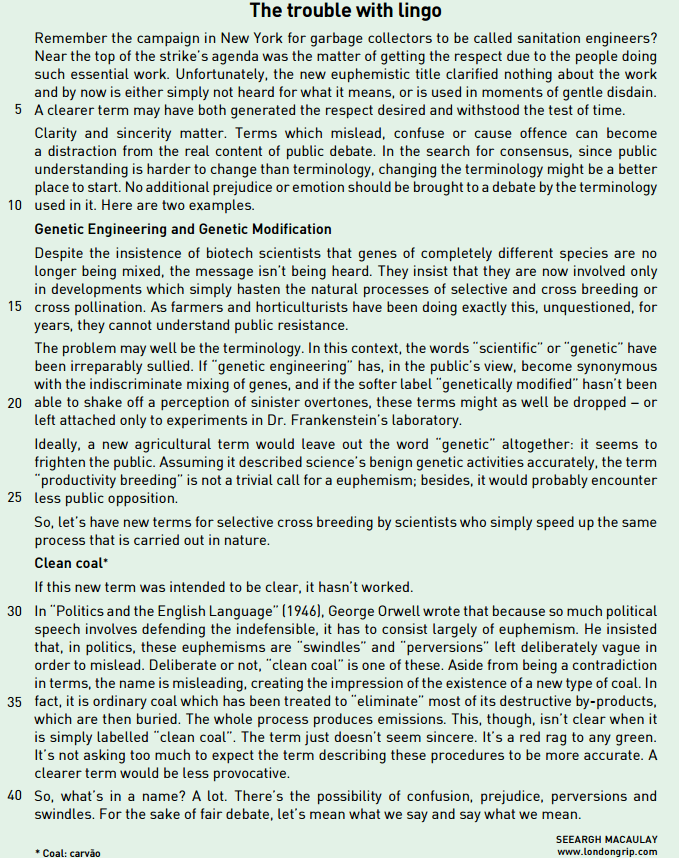Alice Munro’s road to Nobel literature prize was not
easy

Nobel literature prize winner Alice Munro.
Alice Munro has been awarded the 2013 Nobel Prize in
literature, thus becoming its 13th female recipient. It’s a
thrilling honour for a major writer: Munro has long been
recognised in North America and the UK, but the Nobel
will draw international attention, not only to women’s writing
and Canadian writing, but to the short story, Munro’s
chosen literary genre and one often neglected.
The road to the Nobel wasn’t an easy one for Munro. She
found herself referred to as “some housewife”, and was
told that her subject matter, being too “domestic”, was
boring. A male writer told her she wrote good stories, but
he wouldn’t want to sleep with her. “Nobody invited him,”
said Munro. Maybe as a consequence of this initial
reaction towards her, when writers occur in Munro stories,
they are pretentious, or exploitative of others; or they’re
being asked by their relatives why they aren’t famous, or
– worse, if female – why they aren’t better-looking.
The chances that a literary star would emerge from her
time and place would once have been zero. Munro was
born in 1931, and thus experienced the Depression as a
child and the Second World War as a teenager. This was
in south-western Ontario, Canada, a region that also
produced equally talented writers and poets such as
Robertson Davies, Graeme Gibson, James Reaney, and
Marian Engel. It’s this small-town setting that features
most often in her stories – the snobberies, the eccentrics,
and the jeering at ambitions, especially artistic ones.
Shame is a common driving force for Munro’s characters
just as perfectionism in the writing and courage in her
profession have been driving forces for her.
As in much else, Munro is essentially Canadian. Faced
with the Nobel, she will be modest, she won’t get a swelled
head. The rest of us, on this magnificent occasion, will
just have to do that for her.
Adapted from http://www.theguardian.com/books/2013/oct/10/alicemunro-wins-nobel-prize-in-literature
Glossary
thrilling: emocionante; subject matter: assunto; better-looking: mais
bonitas; setting: cenário; jeering: deboche; shame: vergonha; driving
force: força propulsora; get a swelled head: ficar convencida, cheia
de si



















